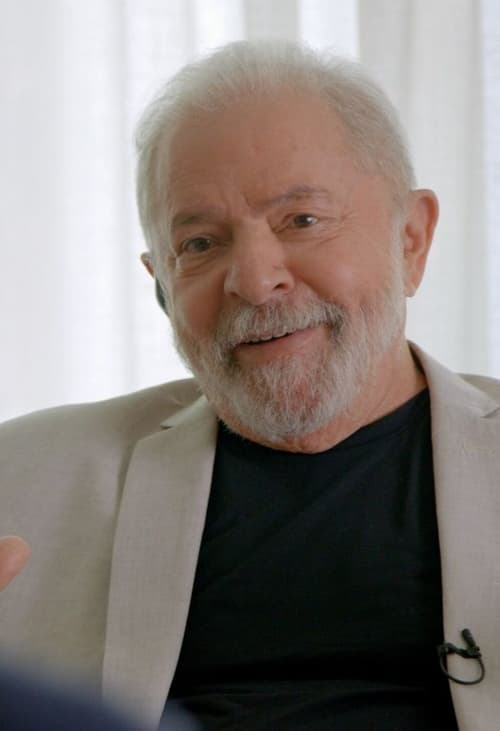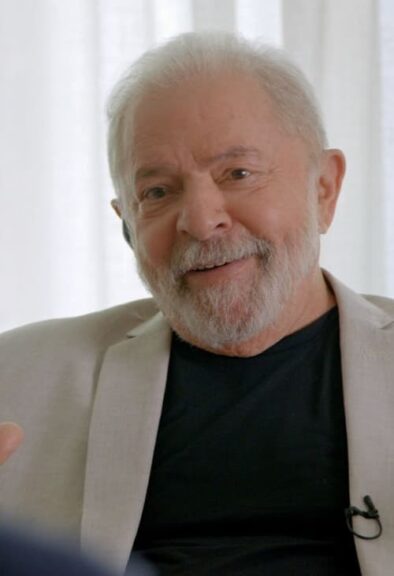
A film by Oliver Stone , Rob Wilson
With: Luiz Inácio Lula da Silva, Oliver Stone
An intimate and revelatory portrait of one of the world’s most influential political figures, Lula explores the rise, fall and triumphant return of beloved Brazilian leader Luiz Inácio “Lula” da Silva, chronicling his extraordinary journey in 2022 to regain the Brazilian presidency after spending nineteen months in prison.
Our rate : **
The partisan documentary by Oliver Stone, a specialist in documentary political investigations (JFK: The Investigation, Conversations with Mr. Putin) or biopics of political leaders (Nixon; W, the Unlikely President), here paints the portrait of an extraordinary political career, that of three-time President Luiz Inácio Lula da Silva. The portrait of the man, from his beginnings to his incarceration to his third presidency, is painted in a lively, even shaky style, quite typical of this epic manufacturer.
The Car Wash affair (also known as Lava Jato in Brazilian, or the « Petrobras scandal ») is reconstructed here as an odious and incredible conspiracy hatched by Lula’s opponents to block the road to his re-election. Former president Lula da Silva is convicted by right-wing president Jair Bolsonaro, backed by federal judge Sergio Moro, who shot to international fame when the operation broke in 2019. It was a young hacker who, by chance, toppled the extreme right-wingers Bolsonaro and Moro from their pedestals and freed Lula, who was re-elected in the 2022 presidential elections.
Although the style of the documentary seems rather heavy-handed, with flashy effects, an over-simplified Manichaeism that places Lula as a hero of the people and his opponents as caricatures of evil, the film does have the merit of not mincing its enthusiasm for democratic values, the fight against corruption and the People’s Workers’ Party, of which Lula, himself a worker at the start of his career, is the incarnation. Strictly from the point of view of truth, however, the documentary is not completely convincing, since objectivity of view is not the issue.
Thus, if the interviews between Oliver Stone and Lula, like the whole film, sometimes seem artificial, the former president not being an actor and the staging being obvious, it also seems clear that beyond the portrait of this exceptional rise and an incredible turn of events helping to make an example of the legendary figure of the president, it is a certain idea of democracy that is ardently defended by the on-screen presence of the director himself.

